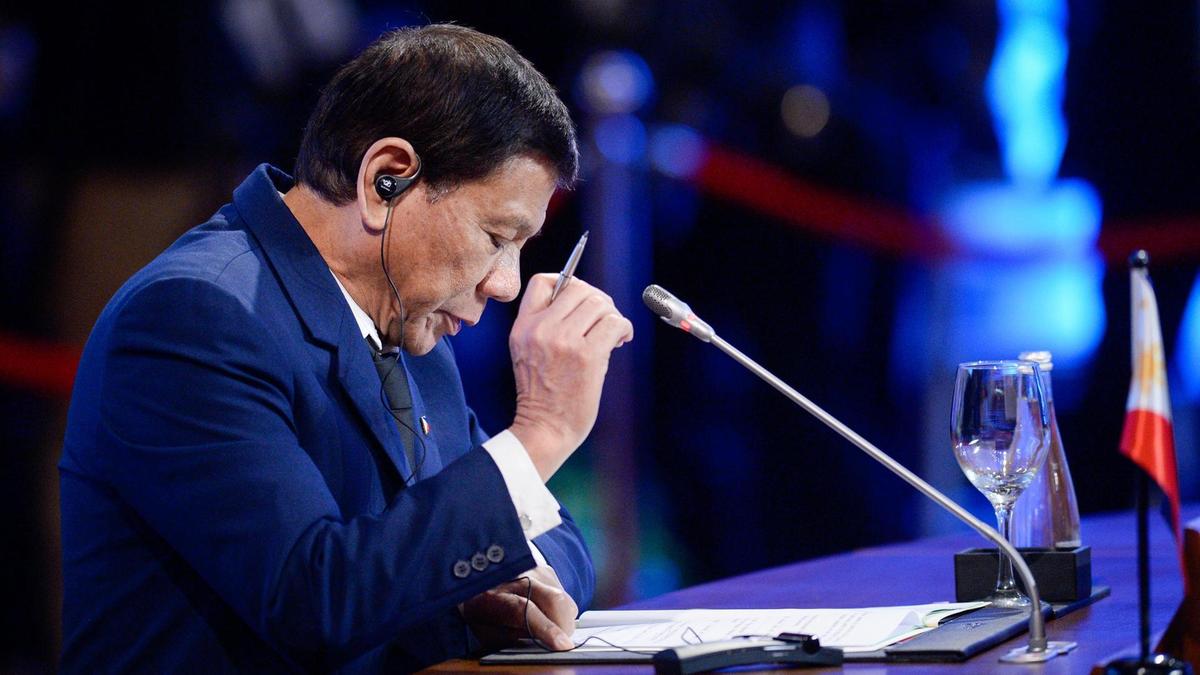Home » Inflationary pressures put slight dampener on Philippine economic growth
Inflationary pressures put slight dampener on Philippine economic growth


Officials in the Philippines will release the country’s economic growth figures for the three months to June. Analysts in the country say they expect an annualised growth rate of 7%, citing increased public spending on infrastructure, manufacturing output and tax revenues. Moody’s, however, is projecting a more conservative rate of 6.6%—a slight slowdown from the first quarter.
Since President Rodrigo Duterte took power in June of 2016, the Philippines GDP has increased substantially from 6.1%. The leader has brought on a 19% increase in government revenue by lowering income taxes in exchange for higher levies on oil and sugar. But disposable income has fed demand-pull inflation, which has soared to 5.7%, in July (a 2% increase since January).
As a result, it is likely that the Central Bank—which is also meeting today—will intervene by raising interest rates from 3.5% to 4% to curb inflation. Because the issue of inflation has risen over Duterte’s Presidency, the people have attributed rising prices to his new tax bill which serves to fund his $180 billion transport infrastructure scheme: “Build, Build, Build”. Expect the country’s ability to address this inflation to shape Duterte’s popularity come the 2019 election.
Wake up smarter with an assessment of the stories that will make headlines in the next 24 hours. Download The Daily Brief.
Sophie provides analysis on issues on politics and strategy, with a particular focus on the Asia Pacific.

